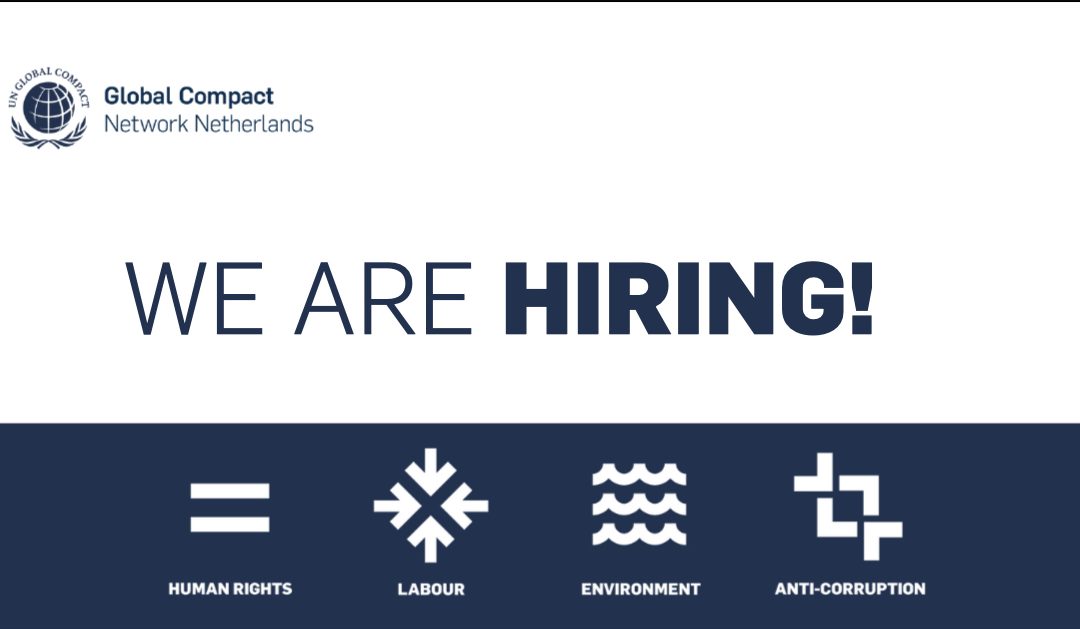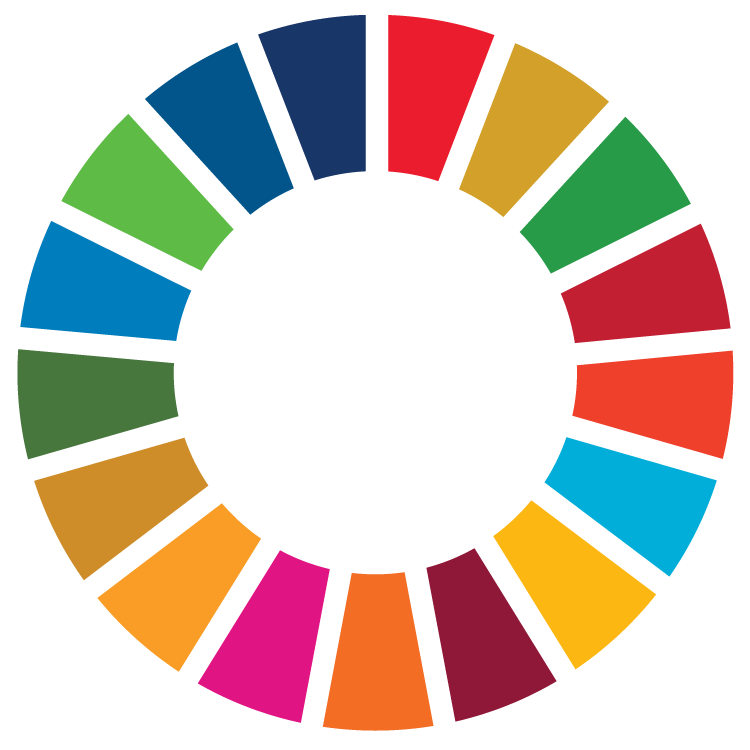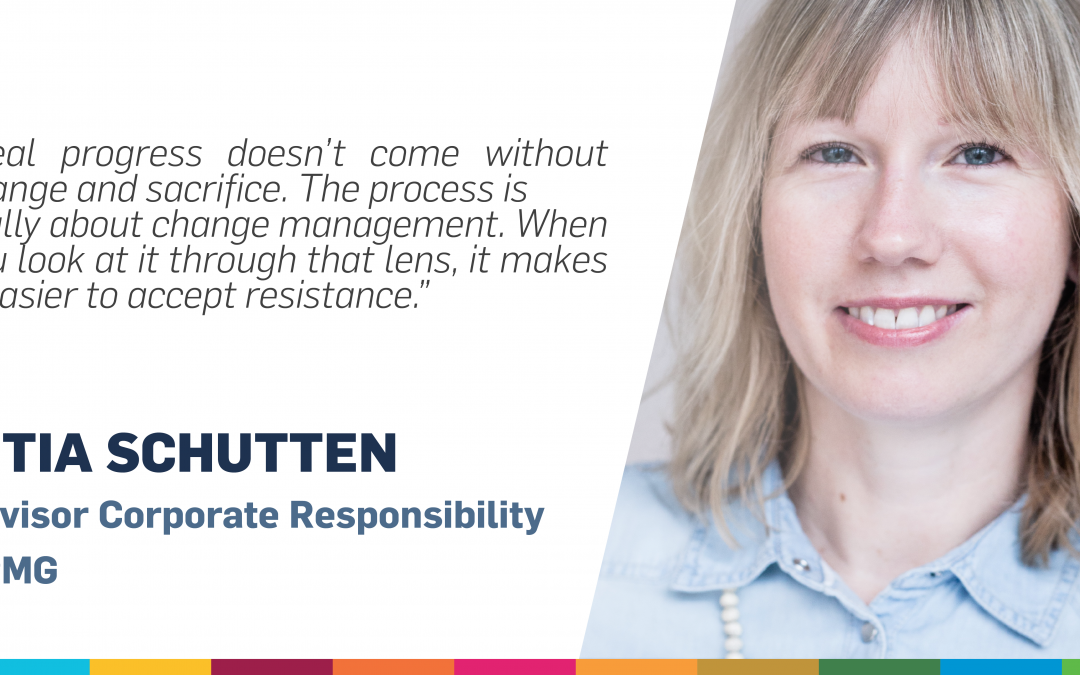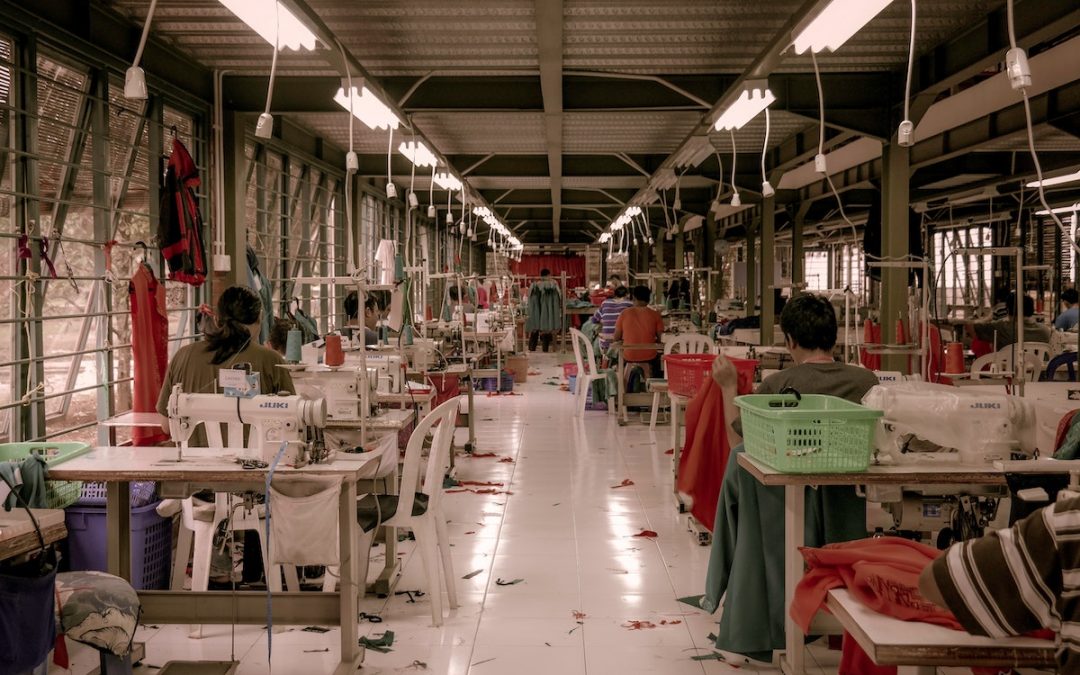
Sustainable Finance Trainee
Position Title: Sustainable Finance Trainee
Location: The Hague, the Netherlands
The United Nations Global Compact is the largest corporate sustainability initiative in the world, and has an unparalleled global reach and the exclusive opportunity to activate a diverse network of businesses to advance sustainable development in collaboration with investors, Government, UN and civil society stakeholders.

In the 2022-2024 strategy of Global Compact Network Netherlands, the theme sustainable finance has been identified as a priority impact area. The goal is to have at least 50% of total corporate investment to be SDG-aligned by 2024.
As a trainee, you will be responsible for supporting the efforts to engage more Dutch businesses and financial institutions with the CFO Coalition for the SDGs. Also, you will analyze European and international developments on sustainable finance and connect these developments to the work of GCNL.
Candidates should have exceptional communication and collaboration skills, be passionate about the Sustainable Development Goals (SDGs), and preferentially have experience in or a strong connection to project management and sustainable finance.
DUTIES AND RESPONSIBILITIES
- Coordinate and support the efforts to engage more Dutch businesses and financial institutions with the CFO Coalition for the SDGs.
- Support and represent the organization during in-person and virtual meetings with stakeholders, including, the design and delivery of presentations, reports and other materials.
- Involvement with preparations for events and communication regarding sustainable finance.
- Other duties and projects, as applicable.
QUALIFICATIONS
- Follows a relevant study.
- Excellent communicator in Dutch and English, both verbally and in writing.
- Practical experience with project management, and sustainable finance.
- Flexible and service-oriented team player with can-do and eager-to-learn attitude.
DURATION
November 2022 – April 2023 (3 days per week). Option to write MSc thesis on topic internship.
COMPENSATION
€500 per month
SUPPORT
During your traineeship, you will work closely together with and you will receive professional support from Marco Swan (Sr. Program Manager) and Linda van Beek (Executive Director)
RECRUITMENT PROCESS
Please include the below documents in your email submission to Linda van Beek, Executive Director Global Compact Network Netherlands, beek@unglobalcompact.nl before 14 October 2022:
- Cover letter (max 1 A4)
- Resume
If selected for the interview round, you’ll be invited for an in-person meeting at the Malietoren (Bezuidenhoutseweg 12, The Hague) sometime between 17-25 October.








